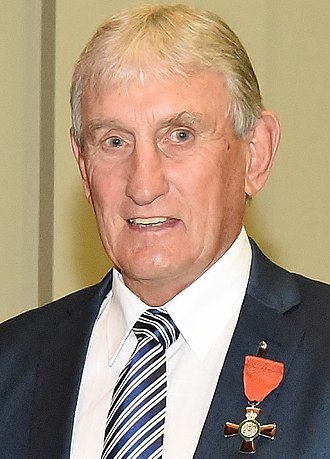Haffenden Last Name Origin, History, and Meaning
Where did the surname Haffenden come from? What does the surname Haffenden mean? Discover the history and meaning of the last name Haffenden and family migration on YourRoots Map.
Surname Haffenden Origin: What does the last name Haffenden mean?
The surname Haffenden originated in England around the early 15th century, according to YourRoots data. The name has remained closely associated with England from the 15th to the 19th centuries, indicating a long history tied to the country.
YourRoots data shows that by the 20th century, the volume of records with the Haffenden surname significantly increased in England. Today, the Haffenden surname remains prominent in various regions around the world, showcasing its global spread and continued presence in different parts of the globe.
Haffenden Last Name History: Where did the last name Haffenden come from?
Origin of Haffenden Surname: Where does the last name Haffenden originate from?
According to YourRoots data, the surname Haffenden first appeared in records from England around the early 15th century. Please note that this reflects only YourRoots data for the exact Haffenden spelling and does not include other record sources or surname variations.
History of the Last Name Haffenden: What does the Haffenden surname history look like in the early days?
The Haffenden surname remained closely associated with England from the 15th to the 19th centuries.
Global Spread: Where can we find the Haffenden surname today?
By the 20th century, the volume of records with the Haffenden surname grew significantly in England. The Haffenden surname remains prominent in various regions around the world.
Explore Haffenden last name heritage and Haffenden surname origin based on YourRoots Map data
 VIEW THE ORIGIN OF SURNAME HAFFENDEN
VIEW THE ORIGIN OF SURNAME HAFFENDENFamous People With Haffenden Surame?

Elizabeth Haffenden
Elizabeth Haffenden (18 Apr 1906 – 29 May 1976) was a British costume designer known for her work in stage and screen. She created costumes for Gainsborough melodramas and won two Academy Awards for Best Costume Design for "Ben-Hur" (1959) and "A Man for All Seasons" (1966). Haffenden collaborated with renowned directors like Fred Zinnemann and designed costumes for notable films such as "Fiddler on the Roof" (1971). Her designs anticipated post-war fashion trends and were praised for their visual impact. Haffenden's legacy in costume design continues to inspire and influence the industry.

John Haffenden
John Haffenden (born 19 Aug 1945) is an emeritus professor of English literature at the University of Sheffield. He is known for his extensive research and publications on renowned poets like John Berryman and William Empson. Haffenden has edited and written critical commentaries on various works, shedding light on the literary contributions of these figures. He is also the general editor of the Letters of T.S. Eliot project, showcasing his dedication to preserving and sharing the correspondence of this influential poet. With a wealth of experience in academia and a passion for English literature, Haffenden continues to make significant contributions to the field.

Ray Haffenden
Ray Kenway Haffenden is a New Zealand rugby league administrator, former player, and coach known for his contributions to the sport. Haffenden played for the Linwood Keas and coached Canterbury, leaving a significant impact on New Zealand rugby league. He later transitioned to administration, serving on the New Zealand Rugby League board and eventually becoming chairman. Haffenden's leadership during a turbulent time led to the revamp of the NZRL. His dedication to the sport was recognized when he was appointed a Member of the New Zealand Order of Merit for services to rugby league in 2017.
All images displayed on this page are sourced from Wikipedia or Wikimedia Commons.We use these images under their respective Creative Commons or public domain licenses. Wherever applicable, author attributions and license information are provided. If you believe an image is used incorrectly or outside its license terms, please contact us so that we can review and correct the issue.





.png)